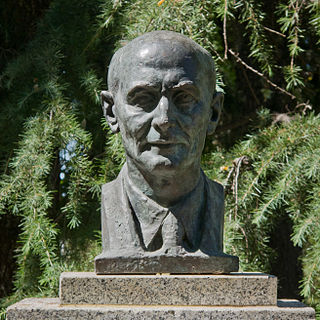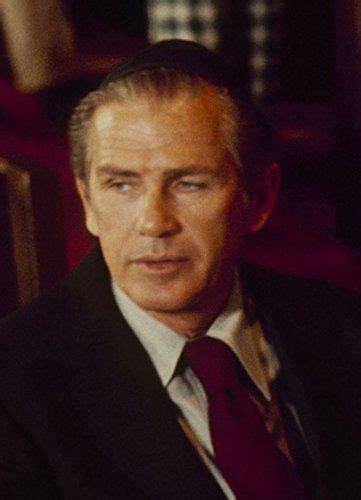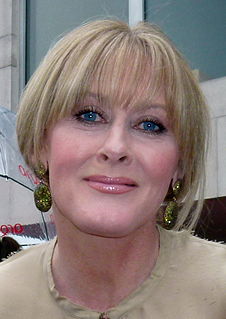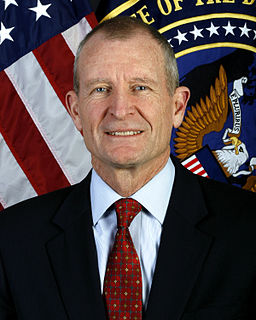A Quote by Paul P. Harris
It would not be fair to the critics of Rotary, who include some of the most brilliant of the British and American writers, to charge them with prejudice.
Related Quotes
Dubai was brilliant, they looked around the world. They saw Hong Kong, Singapore, New York, Chicago, Sydney, London all ran British common law. British common law is much better for commerce than is French common law or sharia law. So they took 110 acres of Dubai soil, put British common law with a British judge in charge, and they went from an empty piece of soil to the 16th most powerful financial center in [the] world in eight years.
Is there deeply embedded change within our industry? And I would say, as a black filmmaker, it's easy for me to focus my attention on black work, but true change would include brown work, and it would include work by Asian-Americans, and it would include natives, and it would include women, and it would include more LGBTQ voices.
The Americans only like things they can label, even if it kills them. Think of those poor Latin American writers. Some of them are very good. But the "magical realism" label has absolutely ruined them. The critics are like tourists who return from a trip saying they've "done" Machu Picchu: "Okay, we've done magical realism," so now we can throw it out.
There are some great writers who are great talkers, but there are more great writers who are not great talkers. People seem to think there is some connection between talking and writing, but I love to talk and if there were some connection between the two of them I would be the most prolific writer in the history of the world.




































